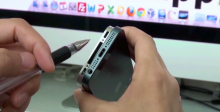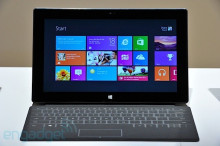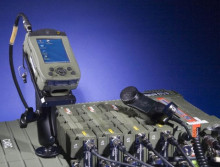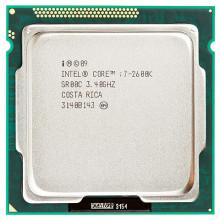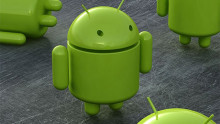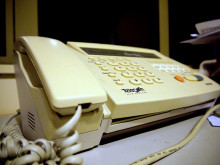Op-ed: Why now could be the right time for Apple to ditch the dock connector
One of the long-rumored features of the next-generation iPhone is a revised, smaller dock connector. This has been discussed in the rumor mill since before the launch of the last iPhone, and the buzz only continues on today. Case in point: according to recent report by TechCrunch, several manufacturers claim that Apple will adopt a new 19-pin replacement for its now ubiquitous 30-pin dock connector.














































